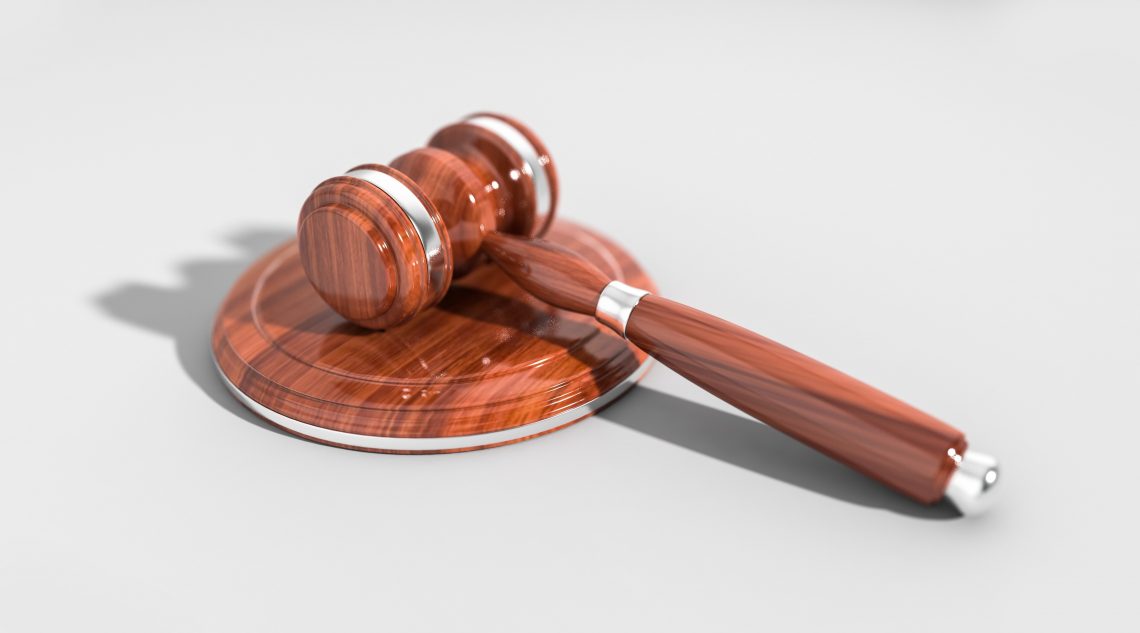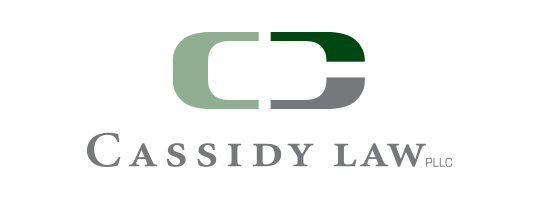
Lawyers, particularly prosecutors, love to question people and then to cross-examine about inconsistent answers to the questions. This compulsion to ask questions is acute in prosecutors because their job is to get to the bottom of things. The counterweight to this is the defense instinct to rebuff questions by “lawyering-up”, asserting the Fifth Amendment or otherwise trying to stop the questioning.
Given this dynamic, why would a prosecutor ever give the questions to the defense in advance of such questioning?
Despite the prosecutor’s obsession with questions and almost limitless right to ask questions, when they are investigating a case, there are times when they will negotiate with a defense attorney on the scope of the questions.
One factor a prosecutor considers in deciding to give the defense the questions in advance, is whether the person has an attorney. If the person has an attorney, the person cannot be questioned. So, the prosecutor must contact the defense lawyer if they want to talk to the person.
Another factor, is whether the person the prosecutor wants to talk to is a witness or is a subject or target of the investigation. If the person is a subject or target, they can invoke their Fifth Amendment privilege and refuse to answer questions. As a result, prosecutors are motivated to discuss ways to not trample on the Fifth Amendment but also to get some of their questions answered.
But it is not always the prosecutor reaching out to the defense attorney. Sometimes, a defense attorney, whose client is the subject or target of an investigation, will ask the prosecutor to let their client testify before the grand jury to tell their side of the story. Prosecutors are not obligated to call anyone before the grand jury; but, when prosecutors fail to get the target’s or subject’s side of the story it can be unfair; and they may not have all the information about what transpired.
The U.S. Attorney Manual (the policies federal prosecutors should follow) notes that when the grand jury is close to issuing indictments, if the target of the investigation has not been asked to testify, the prosecutor is “encouraged” to notify the target before indictment so that the target may have the opportunity to testify or provide information. However, the Manual goes on to note that in “routine clear cases” or in cases where the offer to the target to testify would jeopardize the case, the prosecutor need not work with the target to testify before the grand jury.
Regardless of how a target or subject, or even sometimes a witness, finds themselves in a position to be called before the grand jury or to sit for an interview with a prosecutor, the prosecutor and defense attorney, in many instances, will discuss the parameters of the questioning.
This may seem strange because the prosecutor loses the element of surprise or otherwise may tip their hand on the evidence they have. But, both defense attorneys and prosecutors have good reasons to negotiate about the scope of the questioning.
First, if the prosecutor tells the defense attorney the scope of the questions, then the defense attorney can prepare their client on those topics. This is not meant as “prepare” as in develop some untruth to tell the prosecutor to evade criminal prosecution, for that only leads to crimes around lying to law enforcement.
In my time as a prosecutor and now as a defense attorney, I much prefer defining the scope of the questioning because it enables efficiency and, in many cases, accuracy. It is more efficient and accurate because the defense attorney can show their client emails, financial records or other documents that the client will be asked about. At times, the prosecutor may even tell the defense attorney what other witnesses said so the defense attorney’s client is prepared to discuss those other witness’ statements.
This is good for the defense because just as in exam taking, if you know the questions in advance, you are more prepared to answer and, those answers, when given are more accurate and complete. This allows the client to refresh their recollection about what happened, be more focused in answering questions, and, arguably less anxious because they will know what to expect. It also educates the client on topics that will be avoided and that the client, during questioning, should avoid for if they don’t the may “open the door” to the prosecutor asking additional questions that were out of scope.
Another reason the prosecutor talks with the defense attorney about the scope of the questions is to try and reach agreement on whether there are topics that are off-limits because of a privilege, like the Fifth Amendment privilege, the attorney-client privilege or the spousal privilege. It is far more efficient and breeds a more thoughtful legal analysis if the defense and the prosecutor discuss privileges before the questioning begins.
If the Fifth Amendment privilege is asserted, then the prosecutor has a choice. If indeed the person “holds” a Fifth Amendment privilege, which means there is some chance that the person may incriminate themselves when answering the questions, then, the prosecutor may not question the person. That is the whole point of the privilege against self-incrimination.
However, there are times when a witness claims to have a Fifth Amendment privilege when in fact they have done nothing that is criminal. In those cases, the witness may be compelled to testify but only after a judge rules that the person does not hold a Fifth Amendment privilege.
Hashing this out in advance saves time. And the prosecutor, the defense attorney, and if need be, the judge are able to review the law and reach a legally supported decision. There are a mind-boggling number of cases that discuss when a person holds a Fifth Amendment privilege so it is prudent to allow for time to research this issue.
Likewise, advance notice on the scope of questions allows for legal review if the attorney-client privilege is asserted. Again, the parties, to include at times the judge, will need to determine if the attorney-client privilege does apply because there are times it does not protect a discussion a person had with a lawyer. Or, without a judge deciding, the prosecutor and defense may agree to limit certain questions or topics to avoid violating the attorney-client privilege. This is especially true when the person the prosecutor wants to question is a lawyer. The same advance discussion and analysis applies if the spousal privilege is asserted.
In any situation where a privilege exists, the prosecutor may not be able to ask questions they want answers to. Working it out before-hand allows the defense and prosecution to find a way to manage this.
Ultimately, the prosecutor’s goal should be to find out what happened and at times, they need information from the defense to do that. As a result, both sides know that, at times, agreeing on a defined scope of questions may be in each one’s best interest.
Of course, there are just as many reasons why a prosecutor won’t share in advance the scope of their questions but, that discussion is for another day.
“The trick to surviving an interrogation is patience. Don’t offer up anything. Don’t explain. Answer the question and only the question that is asked so you don’t accidentally put your head in a noose.” Laurie Halse Anderson, The Impossible Knife of Memory

